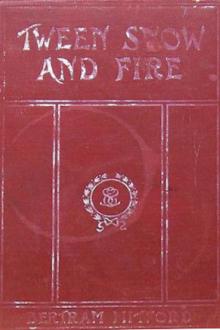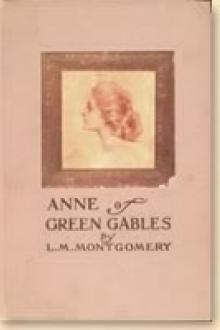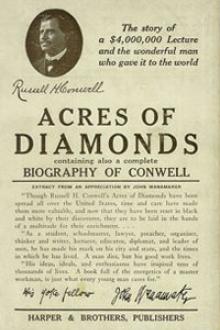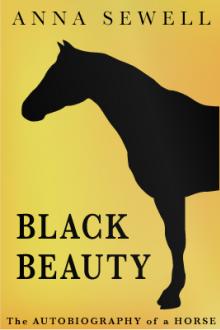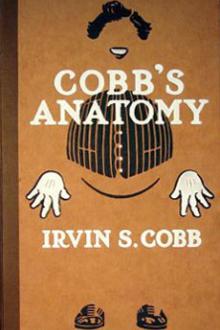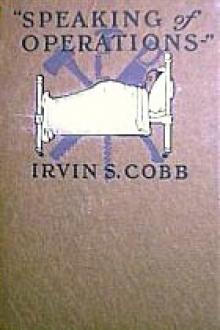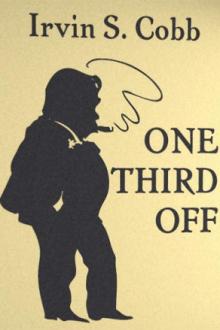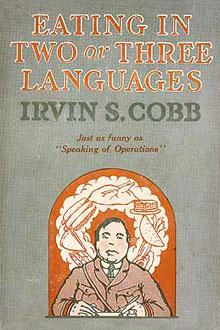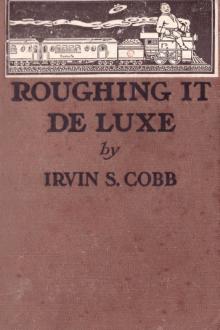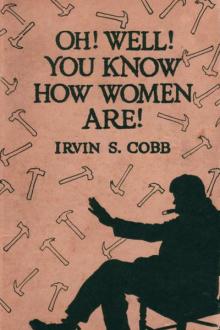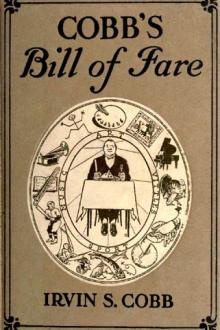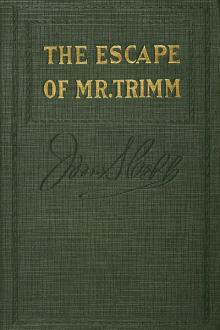Paths of Glory
Book Excerpt
The wagon had a hood on it, but was open at both ends. Overhauling it we saw that it contained two dead soldiers--French foot-soldiers. The bodies rested side by side on the wagon bed. Their feet somehow were caught up on the wagon seat so that their stiff legs, in the baggy red pants, slanted upward, and the two dead men had the look of being about to glide backward and out of the wagon.
The blue-clad arms of one of them were twisted upward in a half-arc, encircling nothing; and as the wheels jolted over the rutted cobbles these two bent arms joggled and swayed drunkenly. The other's head was canted back so that, as we passed, we looked right into his face. It was a young face--we could tell that much, even through the mask of caked mud on the drab-white skin--and it might once have been a comely face. It was not comely now.
Peer

 Free Download
Free Download













